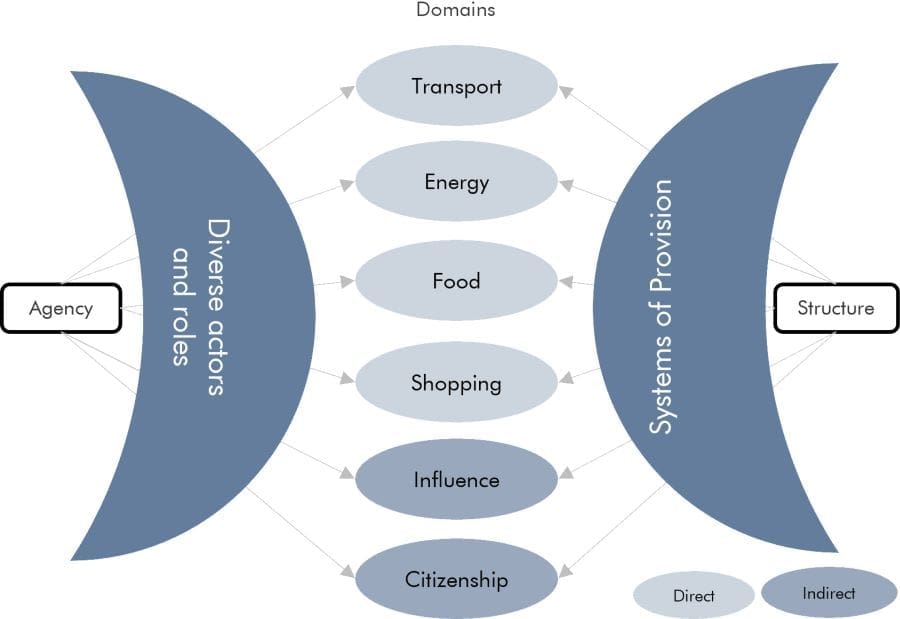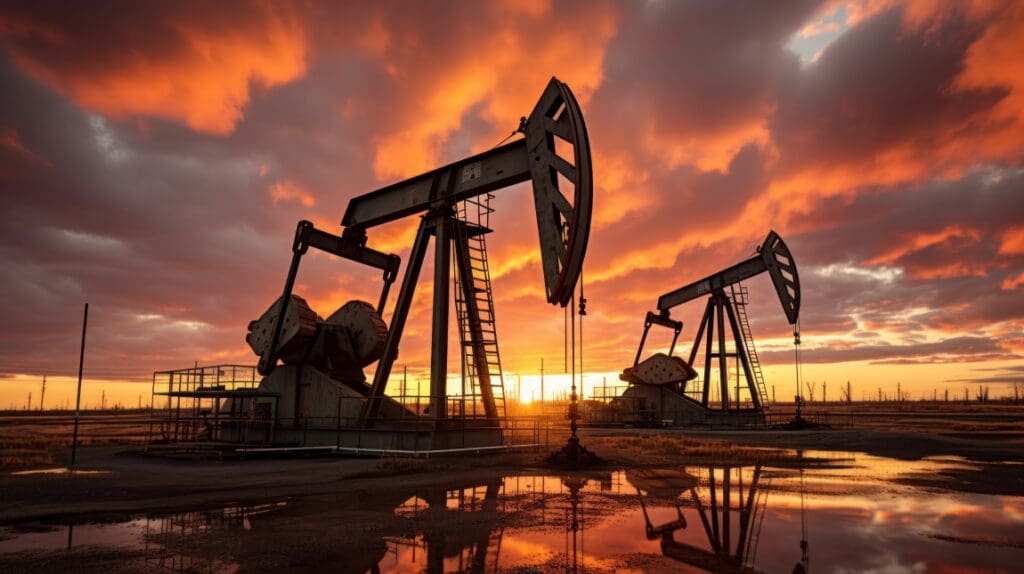Summary:
Britain’s wealthiest individuals are responsible for a disproportionate share of carbon emissions, yet they also hold significant potential to drive climate action, according to new research from the University of Bath.
The study, published in PLOS Climate, found that high-income households are far more likely to invest in green technologies like electric vehicles and heat pumps, leveraging government subsidies to adopt low-carbon solutions. However, their overall consumption — particularly in transport, luxury goods, and diet choices — keeps their carbon footprint high. The research also highlights that wealthier individuals tend to be more informed about climate change and support stronger environmental policies. While they underestimate the impact of frequent flying and beef consumption, many believe they can influence businesses and policymakers through their purchasing power and leadership positions.
Researchers suggest that making sustainable choices more visible and aspirational could encourage wealthy individuals to take a leadership role in climate action.

Rich Brits blamed for high emissions – but they might hold the power to accelerate climate action
Survey data, published in PLOS Climate reveals that while the UK’s top earners are far more likely to adopt green technologies like electric vehicles and heat pumps, they remain unwilling to compromise their lifestyle to cut emissions.
Globally, the richest 10% were responsible for over 50% of emissions from 1990-2015. In the UK, the highest-income households produce three times the emissions of the poorest.
To explore how the wealthy could help close this gap, researchers at the University of Bath surveyed over 1,000 people, including a targeted group of 43 wealthy individuals, and conducted in-depth interviews.
Wealthy Brits lead in green technology investment
The study found that the wealthiest Britons are far more likely to invest in low-carbon technology:
- 50% of households earning over £200k bought an electric vehicle in 2022, compared to just 8% of middle-income and 2% of low-income households.
- Higher-income households are also more likely to install energy-efficient heat pumps and take advantage of government subsidies.
Despite this, high-income individuals still consume significantly more across food, transport, and shopping—especially when it comes to frequent flying and luxury goods.
Wealthy Brits more climate conscious
The research found that wealthier individuals are more informed and concerned about climate change:
- 81% of wealthy respondents said urgent action is needed, compared to 68% of others.
- They are more likely to understand terms like net-zero and carbon footprint and support stronger climate policies.
Yet, their lifestyles remain carbon-intensive. Many underestimate the impact of flying and beef consumption while overestimating smaller actions like recycling.
Co-author, Dr Sam Hampton from the Department of Psychology said: “When it comes to the contradiction between wealthy individuals’ climate concern and high-emission lifestyles, they often underestimate the impact of activities like flying and eating beef while overestimating smaller actions like recycling. Some also justify their choices through comparison, seeing their emissions as reasonable next to others with even more polluting habits.”
Influence and Power Could Drive Change
The study highlights the power of wealthy individuals to drive systemic change:
- 42% of wealthy respondents believe they can influence businesses through their purchasing power, compared to just 12% of lower-income participants.
- 6 in 10 wealthy respondents hold managerial positions, giving them the ability to implement corporate sustainability initiatives.
A Call for Action
Lead researcher Hettie Moorcroft from the Department of Psychology said: “Addressing emissions inequality is essential for a just transition to net-zero. The wealthiest individuals have a unique opportunity — and responsibility — to make a significant impact. Our research highlights how wealthy people contribute to climate change beyond their direct consumption behaviours, but also how their existing capabilities may be leveraged for accelerated change.”
Co-author, Dr Sam Hampton from the Department of Psychology said: “When it comes to how we can incentivise wealthy people to take a leadership role, making low-carbon behaviours visible and aspirational is crucial. While British culture often avoids showing off, policies like introducing green number plates help normalise and highlight sustainable choices, shifting social norms and expectations.”
“As climate change continues to be a pressing issue, it’s crucial that policymakers focus on making sustainable choices more accessible and appealing for everyone. The wealthiest individuals have a unique opportunity to lead the way. With the right incentives, they could become key players in driving the shift towards a greener, more sustainable future.”
Journal Reference:
Moorcroft H, Hampton S, Whitmarsh L, ‘Climate change and wealth: understanding and improving the carbon capability of the wealthiest people in the UK’, PLOS Climate 4 (3): e0000573 (2025). DOI: 10.1371/journal.pclm.0000573
Article Source:
Press Release/Material by University of Bath
Featured image credit: Alen Kajtezovic | Unsplash




